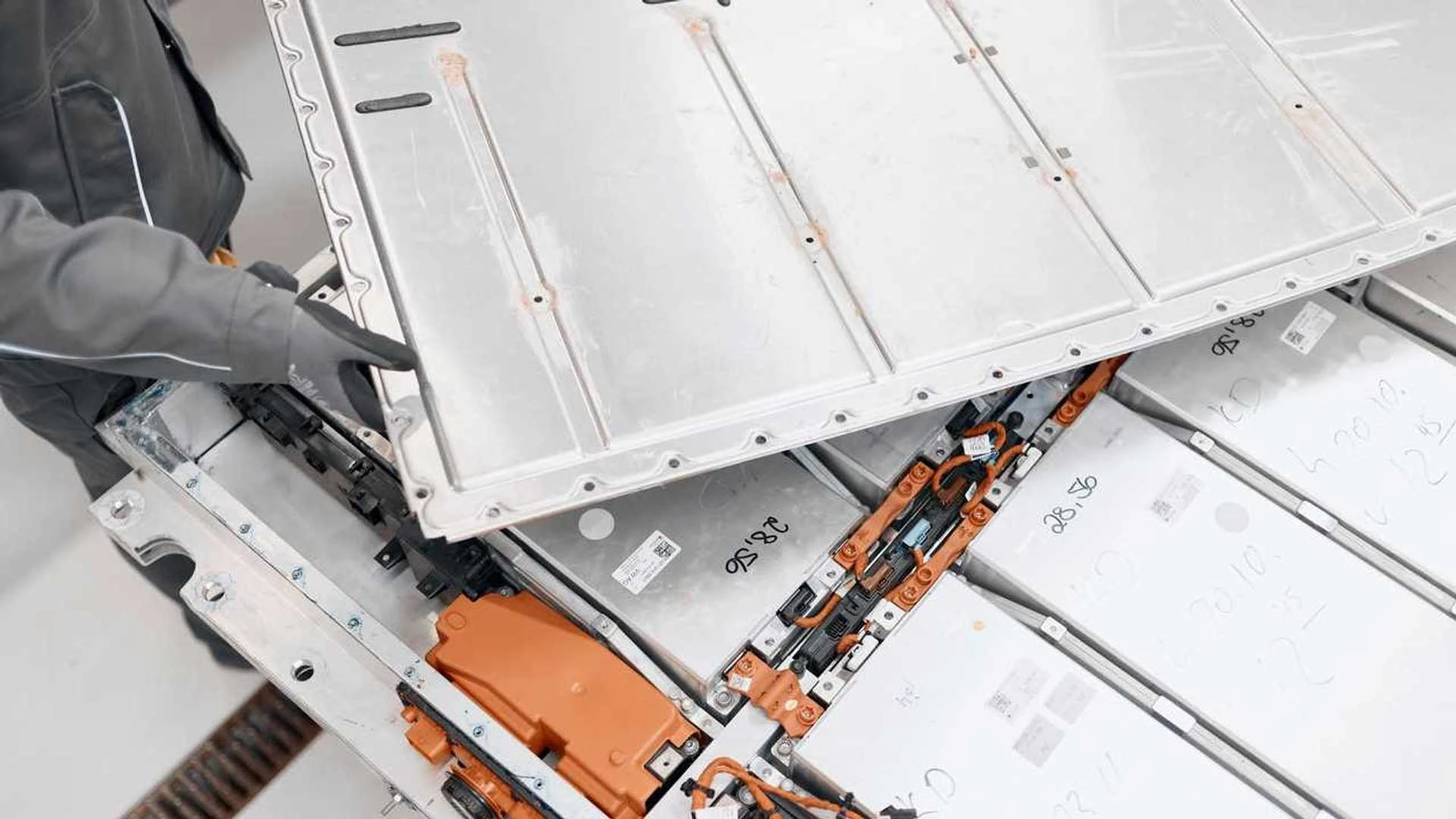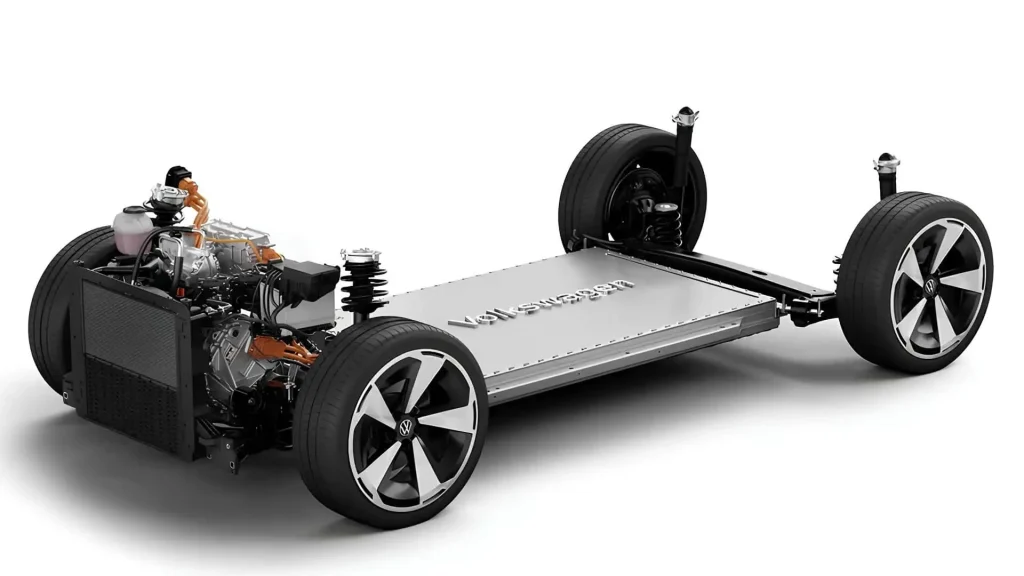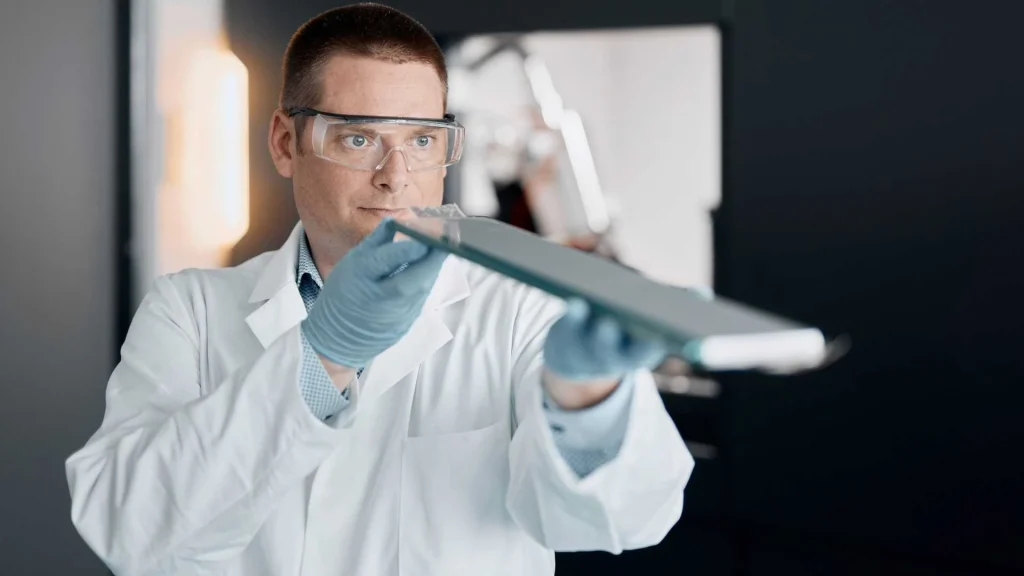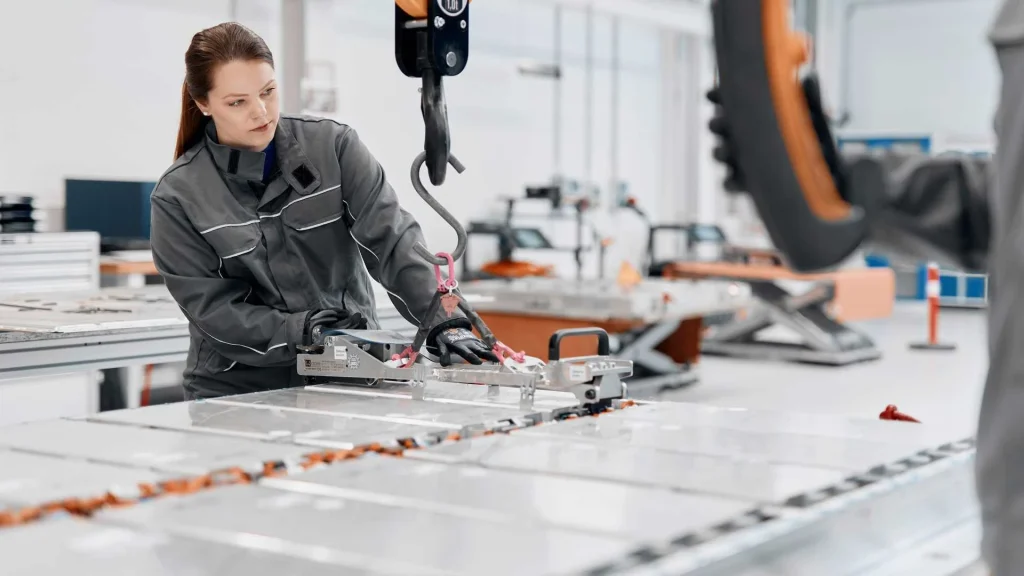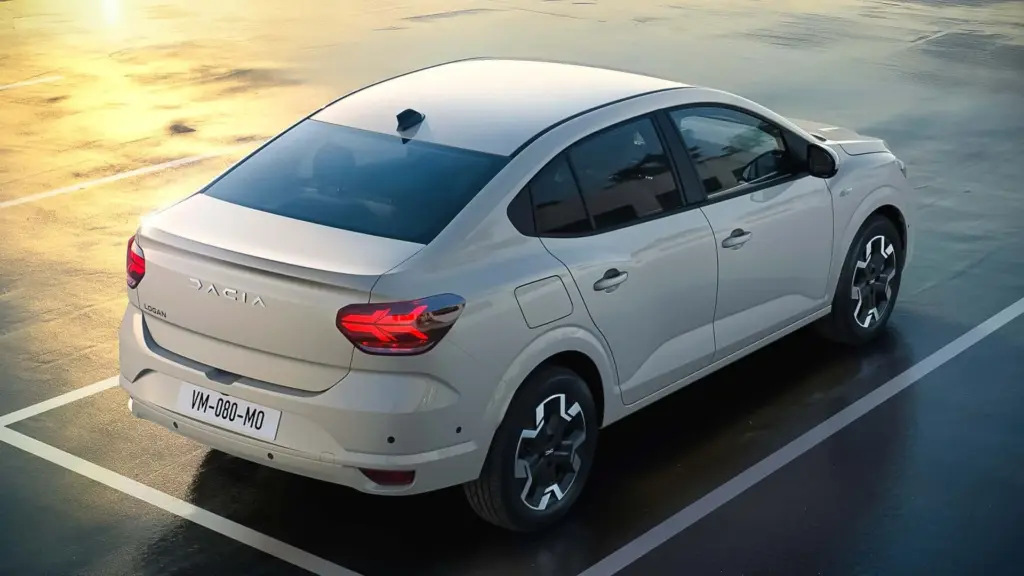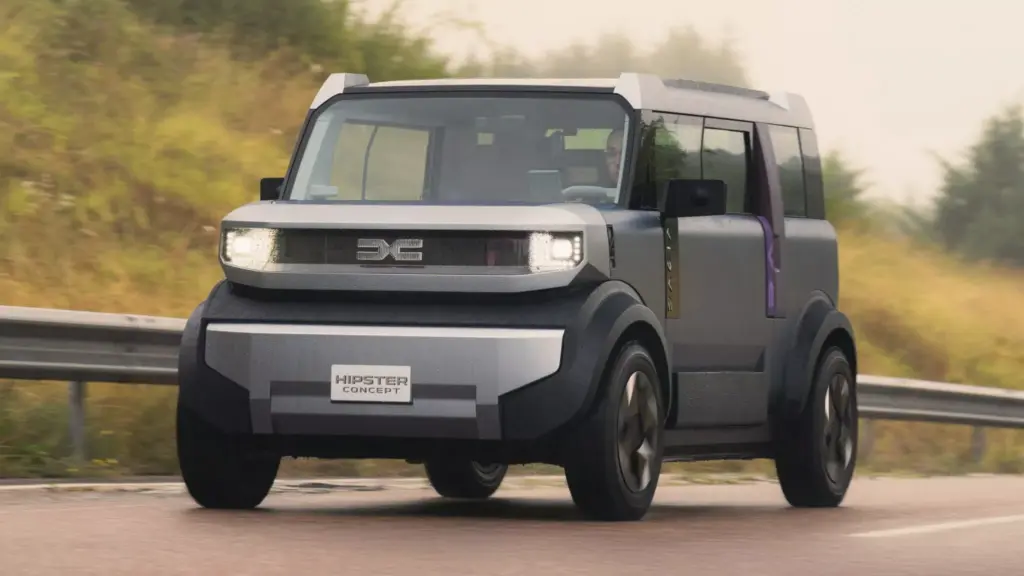Hey folks! Let’s have a chat about a topic that’s been making waves: electric car batteries. After all, are they really a big problem that loses performance quickly, leaving you stranded? The answer might surprise you. A recent study brings new data that challenges the gloomy forecasts many make out there. So, let’s dive deeper into this and see how reality unfolds against these predictions!
Electric Car Batteries: Reality vs. Predictions
First, let’s talk about the expectations that have always surrounded electric car batteries. Many people believe that over time, these batteries become so weak that they make the vehicles obsolete. But hold on! A new study indicates that, while degradation does exist, it is not as drastic as previously thought. The data shows that, contrary to popular belief, modern batteries are proving to be quite durable.
Additionally, the P3 consultancy’s research analyzed a significant group of vehicles, including both used and new models, to understand how these batteries perform. For those in the automotive world, this data is crucial, as it shows that the most pessimistic forecasts may be far from reality. What seems to be a serious problem may not be as concerning after all. The truth is that the lifespan of these batteries is, in many cases, quite satisfactory.
P3 Study Shows Long-lasting Battery Performance
An interesting point from P3’s research is the analysis of 50 electric vehicles from the company’s own fleet, along with data from another 7,000 zero-emission cars. The goal? To understand if the fear of degradation of range over time is truly justified. What the data reveals is that, while there is an initial loss of capacity, this degradation significantly slows down after the first few years of use.
For those keeping track, the numbers are quite revealing: in the first 30,000 km, battery capacity drops from 100% to 95%. However, after reaching this initial phase, the loss becomes much less pronounced. After 100,000 km, the battery still retains about 90% of its capacity. And for those who drive a lot, between 200,000 and 300,000 km, the batteries stabilize around 87%. That’s good news, right? It shows that the concern may be exaggerated.
Practical Tips to Preserve Your Vehicle’s Battery
Now that we understand a bit more about battery durability, it’s time to share some tips to help you preserve your electric car’s battery. The first one is quite simple: avoid sudden starts and maintain a steady pace while driving. This not only enhances your driving experience but also reduces battery wear, which is always a plus.
Another tip that many people don’t know is about storage. If you’re going to leave the car parked for a while, consider keeping the charge level between 10% and 50%. This practice helps reduce stress on the battery cells, which can slow down aging. And finally, avoid frequent fast charges. Whenever possible, opt for slow charges, which are less stressful for the cells and help maintain temperature control.
In conclusion, the P3 study confirms that lithium-ion batteries have an average lifespan of up to 20 years, which is quite impressive. This, of course, considering the older versions of batteries, which are much less efficient than the ones we’re seeing in the market now. So, if you’re considering investing in an electric car, you can feel more at ease regarding battery durability!
Source: InsideEVs
Photo Gallery
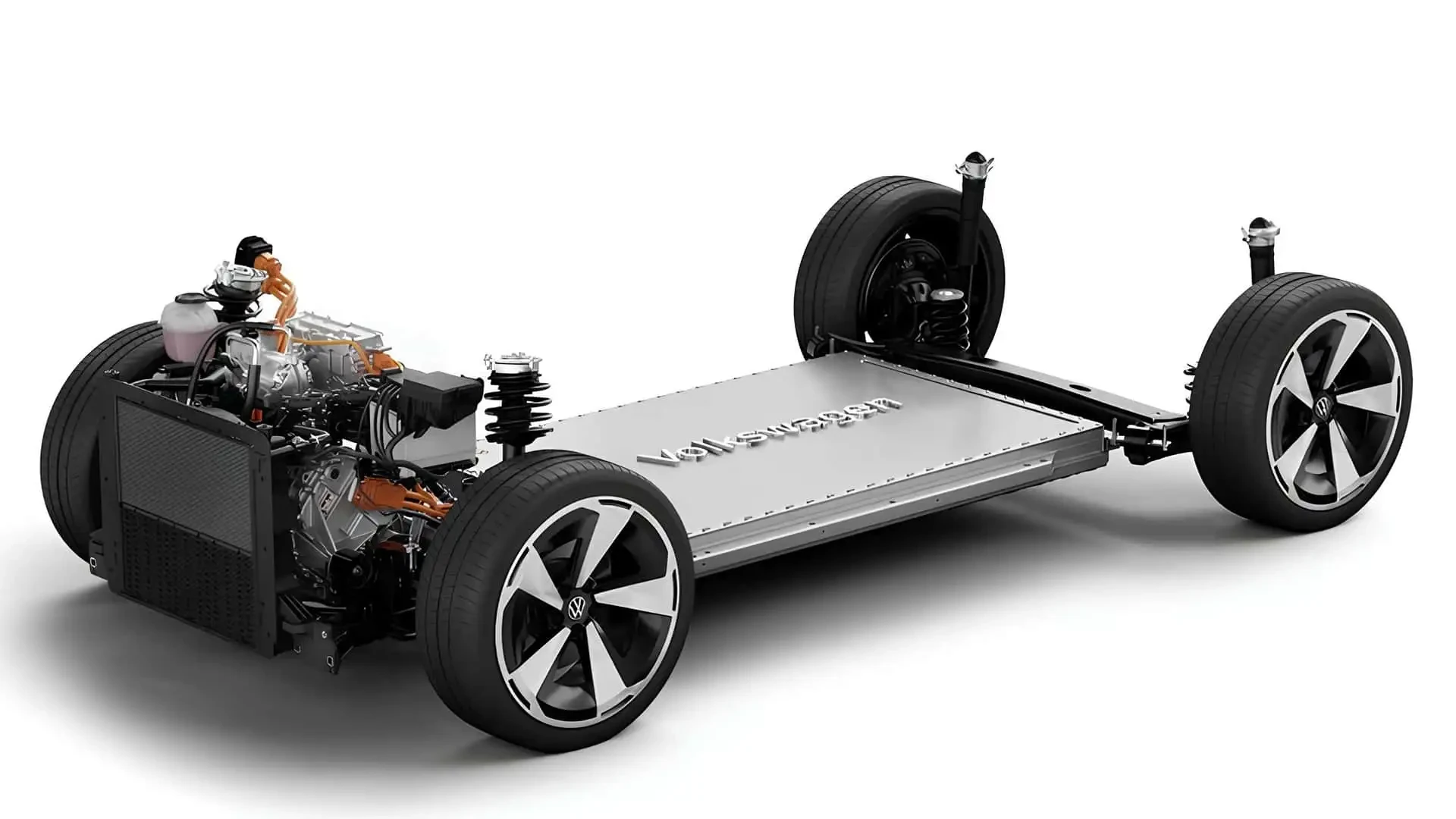
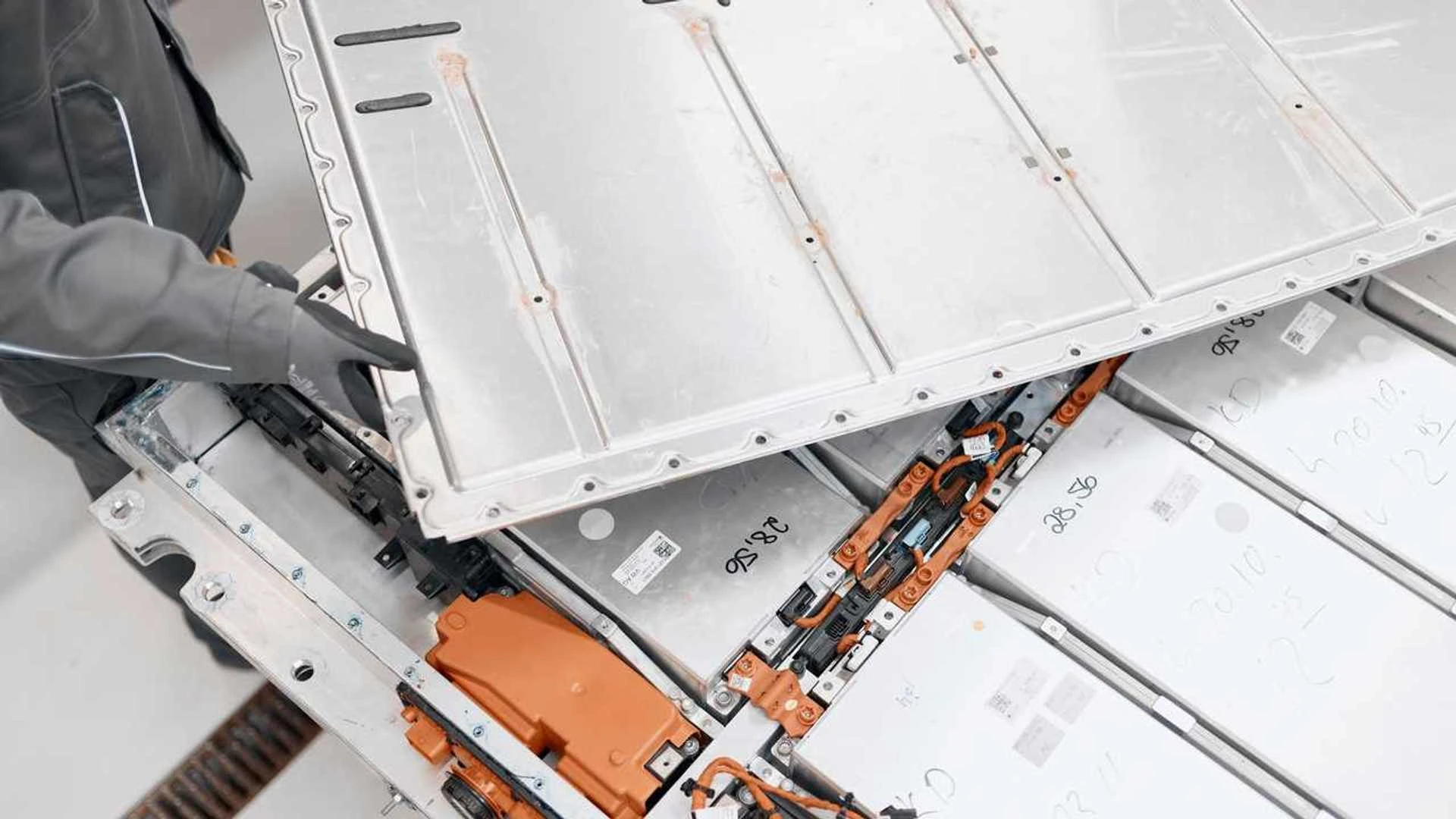
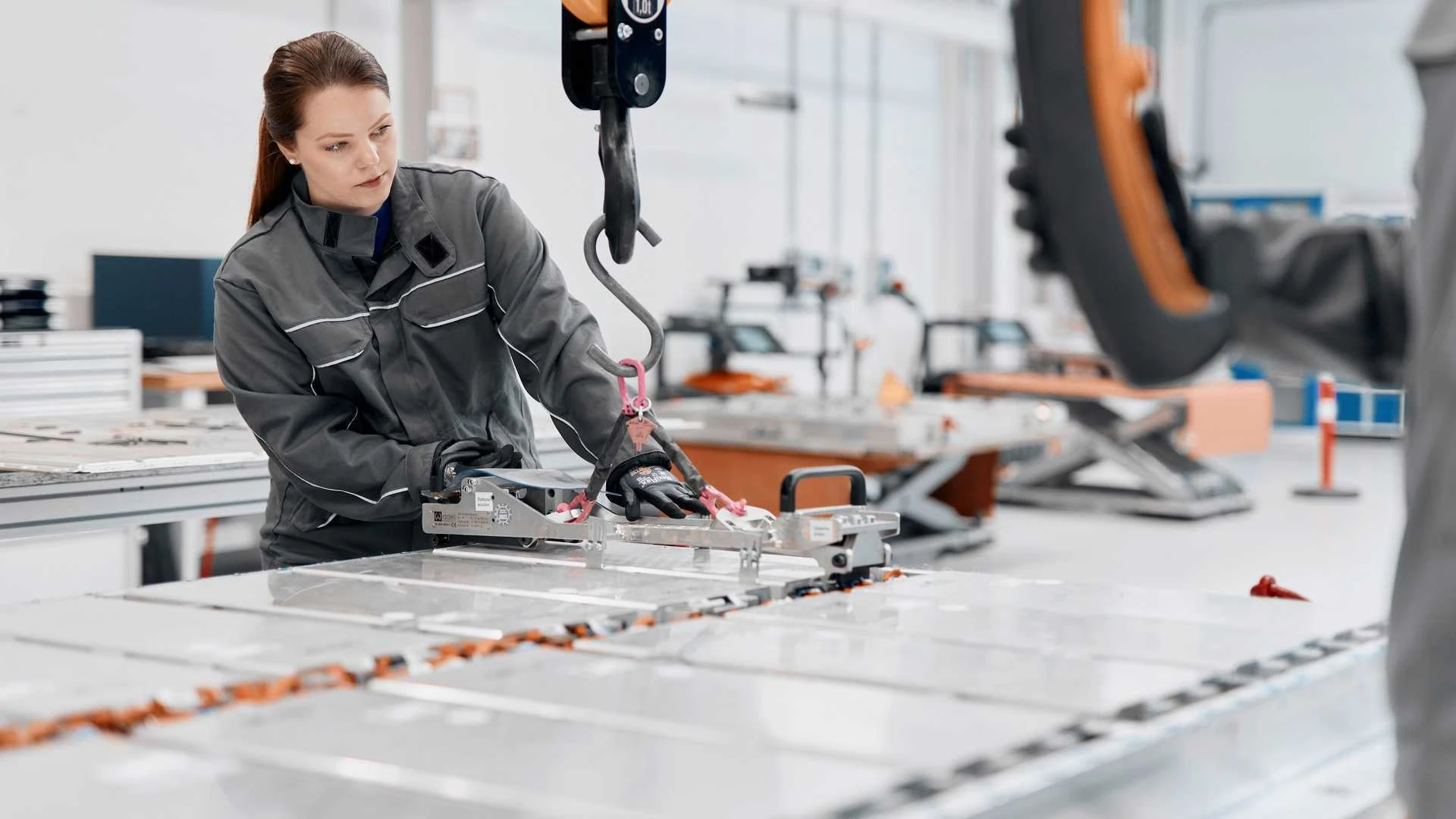


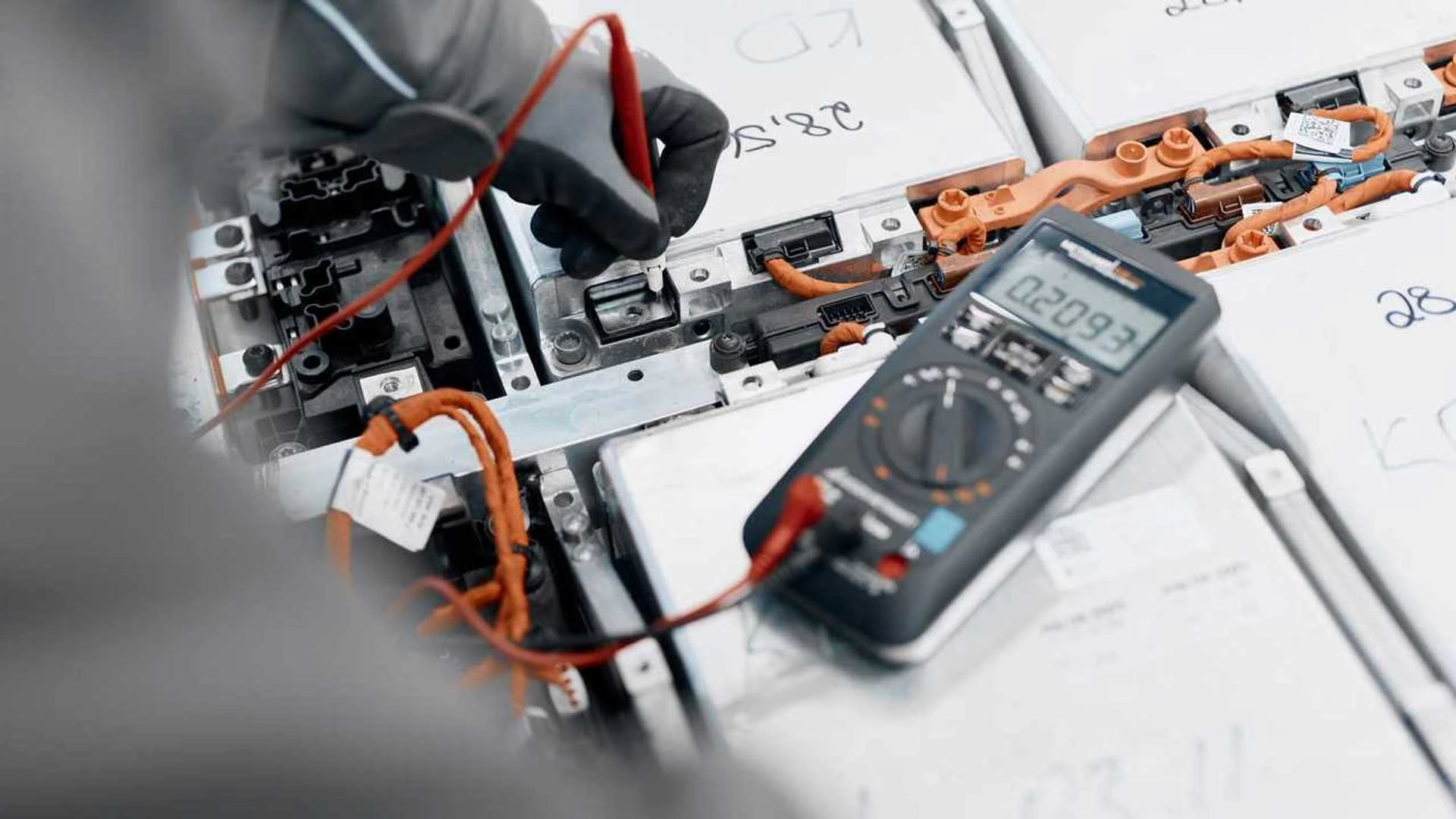
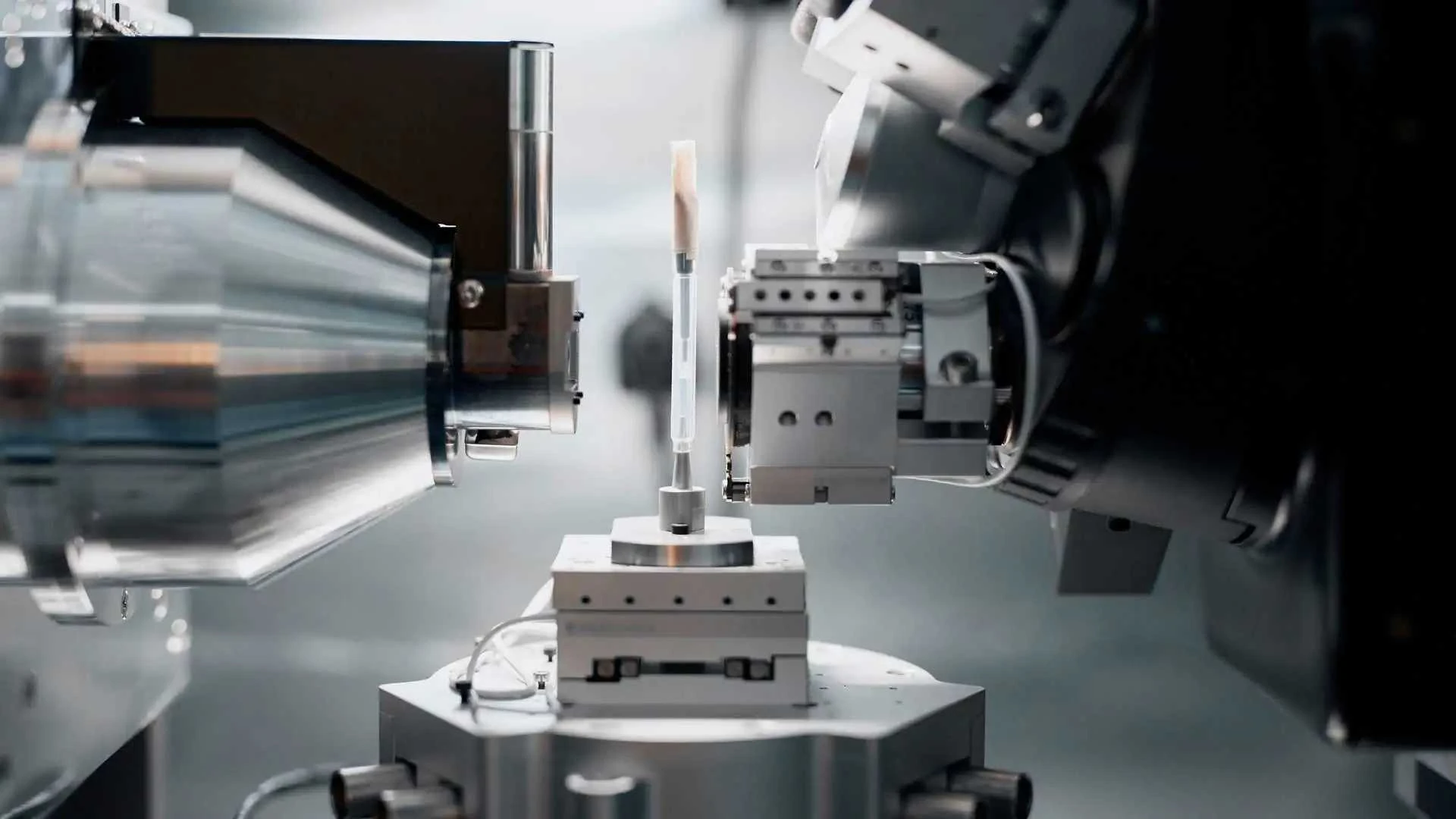

Author: Fabio Isidoro
Founder and editor-in-chief of Canal Carro, he dedicates himself to exploring the automotive universe with depth and passion. A car and technology enthusiast, he produces technical content and in-depth analyses of national and international vehicles, combining quality information with a critical eye for the public.

